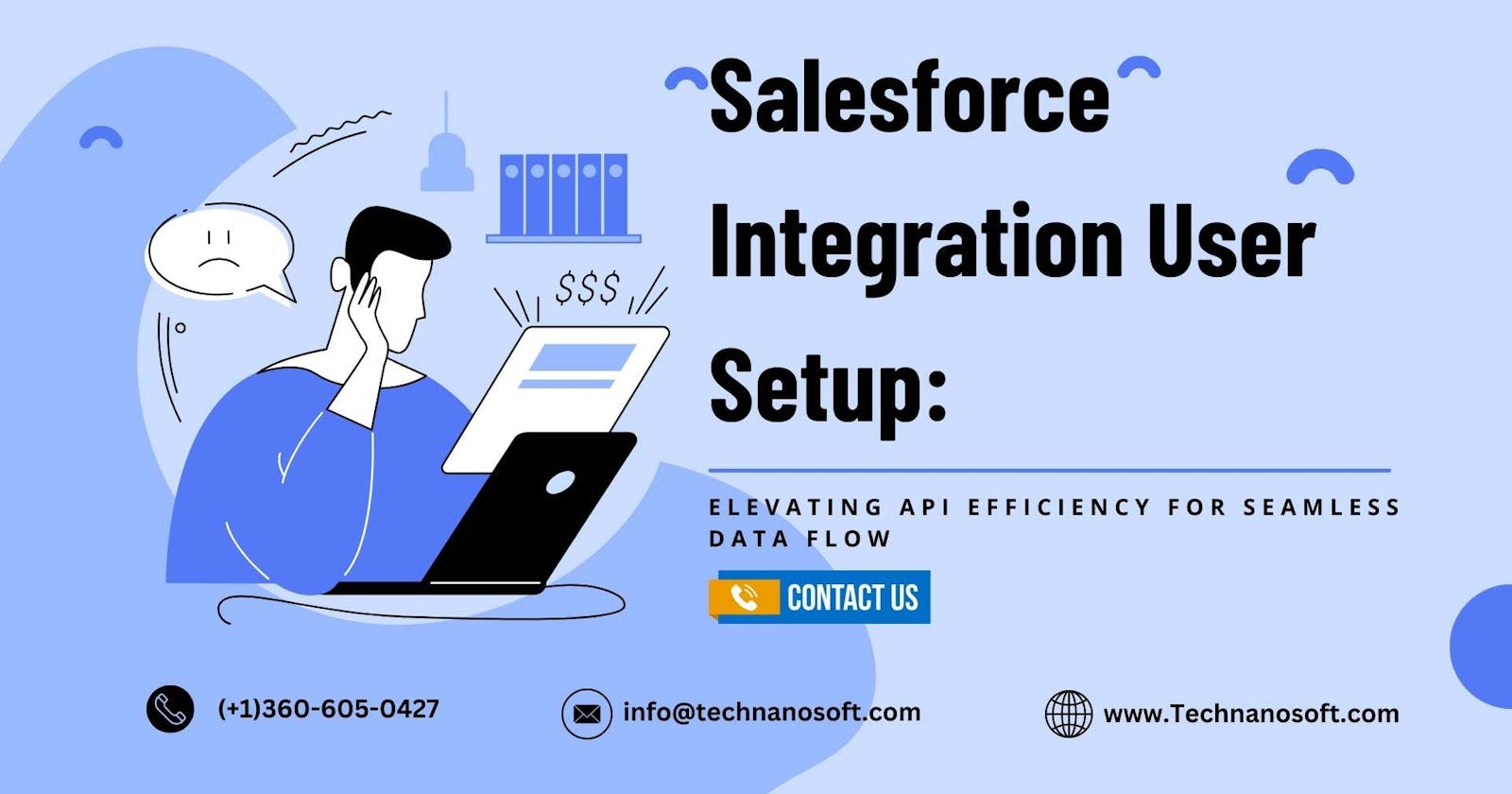Companies attempt to simplify their processes and improve efficiency in today's changing digital business environment. Salesforce is a sophisticated tool that has transformed the way organizations handle customer interactions and data. Salesforce Integration Services are critical to realizing the full potential of this powerful platform by providing smooth connectivity and data flow across several business apps.
Salesforce Integration: What You Need to Know
Salesforce integration is the process of linking Salesforce to other third-party apps, systems, or databases to build a cohesive ecosystem. Organizations may use this to consolidate data, automate procedures, and acquire important insights for informed decision-making. Salesforce Integration Services provides a bespoke strategy to match your particular company demands, whether you want to integrate Salesforce with your ERP system, marketing automation tools, or any other business application.
Salesforce Integration Services' Key Advantages
1. Increased Data Accuracy and Accessibility Salesforce Integration Services provide real-time data synchronization, which reduces mistakes and ensures that your team has access to the most up-to-date information. This improves teamwork and gives users the confidence to make data-driven decisions.
2. Improved Efficiency and Productivity By connecting Salesforce with other corporate applications, repetitive operations may be automated, resulting in increased efficiency and productivity. This not only saves time, but it also frees up your team's time to work on more important objectives.
3. Improved Customer Experience By combining data from several touchpoints, organizations can generate a 360-degree perspective of their consumers. This full picture allows for individualized interactions and, as a result, a better client experience.
4. Scalability and Future-Proofing Salesforce Integration Services are built to expand alongside your company. A well-implemented integration plan guarantees that your Salesforce ecosystem stays flexible and adaptive as your business evolves and embraces new technologies.
Salesforce Integration Types
1. Point-to-Point Integration This entails linking Salesforce to a single application directly. While it may be appropriate for certain purposes, as the number of apps grows, it may result in a complicated web of interconnections.
2. Middleware Integration Businesses may construct a central hub for data flow using middleware platforms such as MuleSoft or Dell Boomi, simplifying the integration process and encouraging a more controllable and scalable solution.
3. API connection Using Salesforce APIs enables a more personalized connection, allowing organizations to link Salesforce with a diverse set of apps while keeping control over data flow.
Common Issues and Solutions
1. Data Security and Compliance When connecting Salesforce with external systems, security is of the utmost importance. To overcome these issues, strong encryption, secure APIs, and adherence to industry rules are essential.
2. System Downtime Salesforce Integration may cause brief interruptions. However, careful design, testing, and the use of technologies that reduce downtime may all assist in overcoming these concerns.
3. Data Mapping and Transformation It might be difficult to align data structures between Salesforce and other systems. A successful integration process requires the use of data mapping tools and the use of standardized data formats.
Conclusion
Salesforce Integration Services are essential for realizing the full value of your Salesforce investment. Organizations may establish a unified, efficient, and data-driven approach to their operations by effortlessly linking Salesforce with other business systems. As organizations continue to adapt in the digital age, integrating Salesforce Integration Services becomes a strategic need for long-term growth and success.
